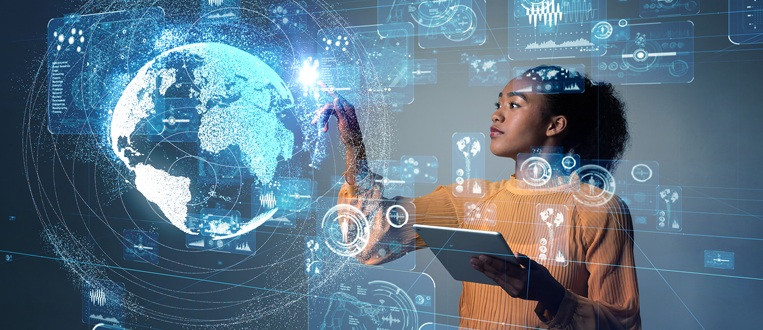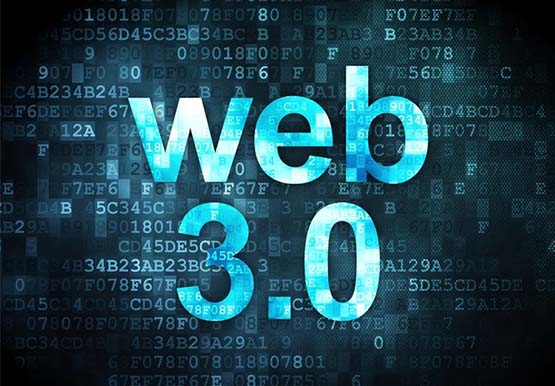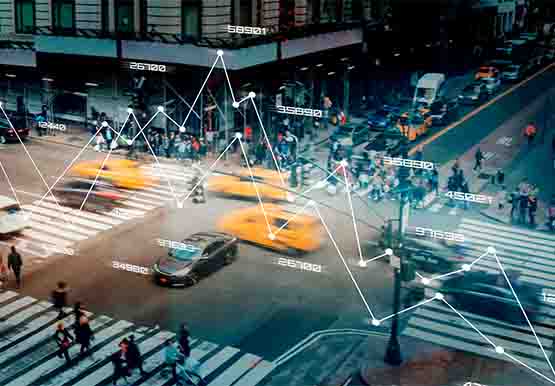The Impact of AI on the IT Workforce

AI is one of the most disruptive technologies of the 21st century. It has changed almost every industry it has touched. AI has had a big and complicated effect on the information technology (IT) workforce, which includes software engineers and cybersecurity experts. Some experts say that AI will create more jobs than it takes away, but others say that the IT job market will change a lot. In this article, we'll look at how AI affects the IT workforce and talk about ways to keep up with fast-paced changes.
How AI Changing the way IT work id Done.
First, you need to know how AI is changing the way IT work is done. AI-powered tools and systems are getting better and better, which means they can now do things that used to be done only by human experts. For instance, AI algorithms can look at huge amounts of data to find patterns and insights that a human analyst would never be able to find. In the same way, chatbots powered by AI can answer questions from customers and do basic customer service tasks, reducing the need for humans to do these things.
AI is likely to have the biggest effect on the IT workforce in software engineering and cybersecurity. In software engineering, AI can automate many of the routine tasks, like code review and testing, that are part of making software. This can give engineers more time to work on creative and strategic parts of software design, like improving the user experience and coming up with new products. But it could also lead to the loss of some software engineering jobs, especially those that involve doing the same things over and over again.
In the same way, AI is changing how cybersecurity is done. AI-powered systems can find and respond to threats much faster than human analysts can, which could mean that we don't need as many cybersecurity experts. But there is also a chance that hackers could use AI to make attacks that are smarter and more targeted. This would make it even more important to have cybersecurity experts with specialized skills.
What does this mean for people who work in IT? One important thing to take away is that you need to know what's new in AI and related technologies. This could mean spending money on new training and certifications and staying up-to-date on the latest trends and best practices in the industry. IT professionals who can show they know a lot about AI and related topics are likely to be in high demand as companies try to take advantage of AI's power while minimizing its downsides.
IT professionals can also work on their "soft" skills, like communication, working with others, and being able to adapt. As AI takes over more routine tasks and human workers have to focus on more complex and strategic tasks, these skills are likely to become more important. By getting better at these skills, IT professionals can make themselves more valuable to their companies, no matter what technologies they are working with.
In the end, AI will have complicated and many different effects on the IT workforce. There is a chance that people will lose their jobs in some areas, but IT professionals can also learn new skills and take on more strategic roles. IT professionals can be successful in a world that is changing quickly if they keep up with the latest trends and technologies and work on developing their soft skills.


